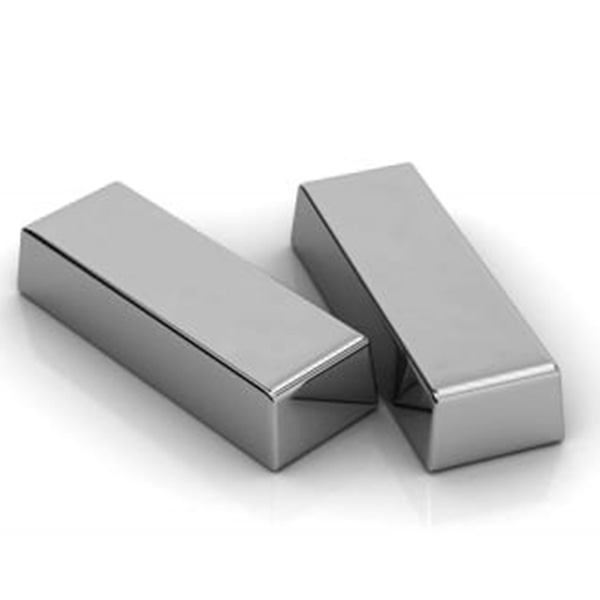Introduction:
When we think of aluminum, we might only picture soda cans or kitchen foil. However, aluminum is one of the most versatile metals in the world and plays a significant role in our daily lives. This lightweight metal is corrosion-resistant and has excellent thermal and electrical conductivity, making it an ideal choice for many applications.
1. Construction and Architecture:
Aluminum is widely used in building materials such as windows, doors, frames, and facades. Its corrosion resistance and durability make it suitable for humid and coastal areas. It is also used in roofing, false walls, and various structures.
2. Packaging:
One of the most common uses of aluminum is in packaging industries. Aluminum sheets are widely used to package food and pharmaceuticals. Aluminum foil protects contents from moisture, light, and air. It is also used in beverage cans, food tins, and chocolate boxes.
3. Transportation Industry:
Due to its light weight and strength, aluminum is used in automotive, aerospace, and rail industries, helping reduce vehicle weight and fuel consumption. It is used in parts like radiators, frames, and wheels.
4. Electronics and Technology:
Aluminum is used in the manufacturing of mobile phone bodies, laptops, and televisions. Its good electrical and thermal conductivity makes it ideal for cooling systems and electronic ventilation.
5. Household Appliances:
Aluminum is found in refrigerators, microwaves, washing machines, and ovens. Its properties make it a primary material in these appliances, as well as in cookware.
6. Energy:
Aluminum is used in solar panels, wind turbines, and other clean energy equipment due to its lightweight and durability under various weather conditions.
7. Medical Field:
Aluminum is used in medical devices, some medicines, and even as a preservative in certain vaccines. It is also present in surgical tools and diagnostic equipment.
8. Agriculture:
It is utilized in irrigation systems, gardening tools, and even in the construction of irrigation towers.
Conclusion:
With its unique characteristics—lightweight, corrosion resistance, thermal and electrical conductivity, and recyclability—aluminum has become an essential material across many industries and everyday applications, significantly enhancing human quality of life

